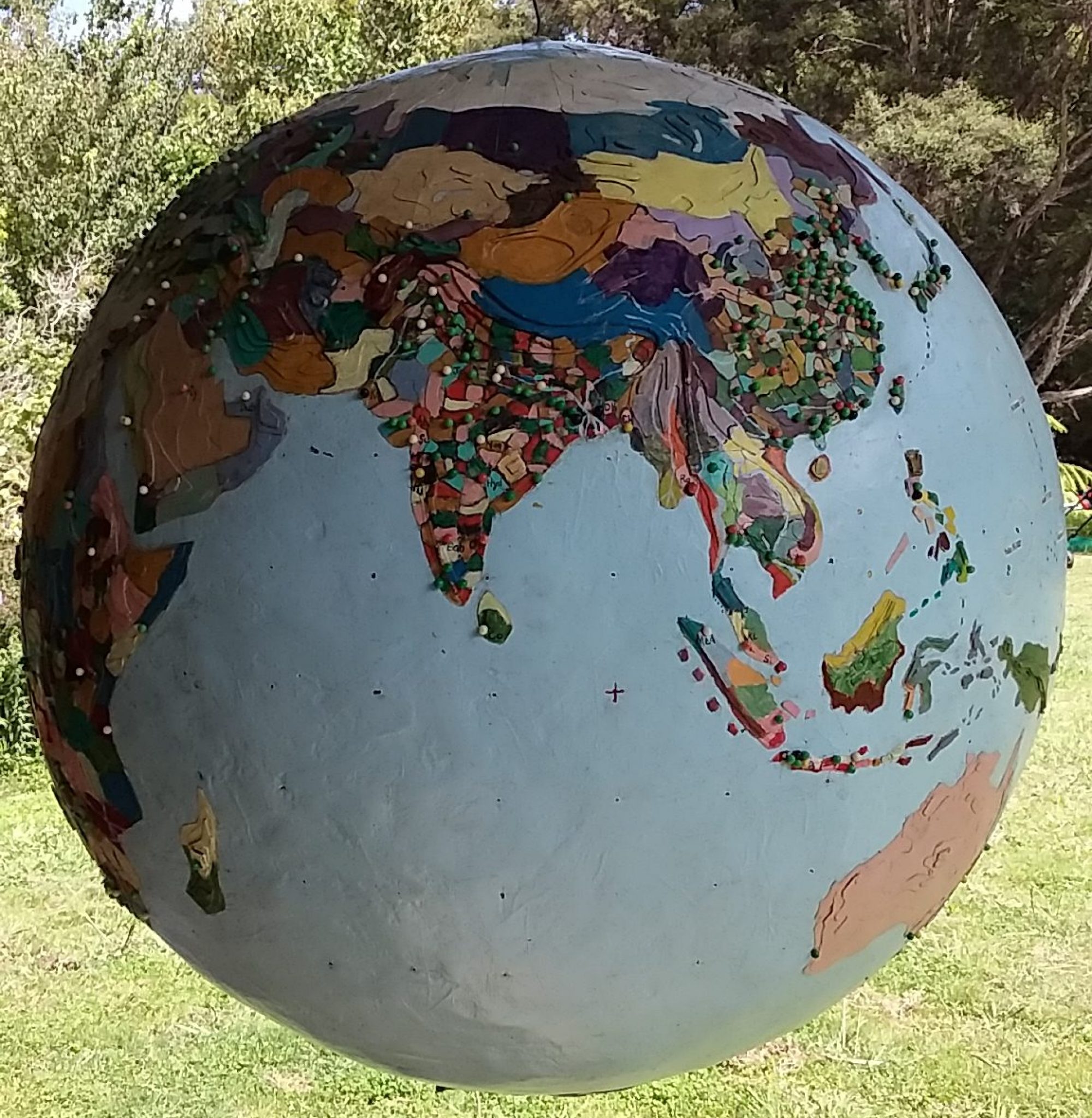Paraná
Millisphere (noun): a discrete region inhabited by roughly 1000th of the world population. Around seven million but anywhere between 3.5 and 14 million will do.
On April 7th, 2018, Luis ‘Lula’ da Silva, President of Brazil from 2003 to 2011, started serving a nine-and-a-half year sentence for corruption at a prison in Curitiba in the state of Paraná in southern Brazil.
Brazil (population 210 million) has around 30 millispheres and the three southernmost – the states of Rio Grande do Sul (11.3 million), Santa Catarina (6.7 million) and Paraná (11.8 million) are currently experiencing calls for independence. The movement, called The South Is My Country, has its headquarters in Curitiba.
The three “South Is My Country” states have low crime rates by Brazilian standards and they only see about 60 percent of their taxes which, they say, go to a corrupt central government in Brasilia and to subsidise the populous cities and the poorer states to their north. Brazil’s south (south of the Tropic of Capricorn) is the country’s main agricultural region.
Curitiba (population 1.7 million) sits on a plateau that drains west into the Paraná river which flows south through Paraguay and into the River Plate near Buenos Aires. The city of Curitiba is known for its innovative approach to achieving environmentally sustainable outcomes. “If you want creativity take a zero off your budget, if you want sustainability take off two zeros,” said Jaime Lerner who was the mayor of Curitiba three times before becoming the governor of the state of Paraná.
Under Lerner, Paraná industrialised and Curitiba became known globally as a model green community. Lerner transformed areas of the city subject to flooding into extensive urban parks, maintained by flocks of sheep. He paid slum residents with vegetables, tickets to football games or transport tokens to bring their sorted rubbish out to waiting trucks which couldn’t access the narrow streets. Curitiba now has one of the world’s highest recycling rates.
Curitiba’s transport system uses special Volvo articulated buses, in dedicated bus lanes, which can carry 270 passengers and no one lives more than fifteen minutes walk from a transit line and no new development is approved unless in that zone. “A car is like a mother-in-law; if you let it it will rule your life,” joked Lerner.
In 2010 Curitiba was given the United Nations Global Sustainable City award and Time magazine named Lerner one of the world’s ten most influential thinkers.
In the same issue Time named Brazil’s president Lula one of the 100 most influential people in the world and also in 2010 Lula was given the Global Statesman award at the World Economic Forum in Davos, Switzerland.
Lula da Silva’s career started in 1979 with a strike of 180,000 metal workers in Sao Paulo when he headed their union. The strike ended peacefully and soon the strikers were negotiating the release of political prisoners and the end of the ban on left wing organisations.
After the end of the military dictatorship in 1989 Brazil had their first presidential elections and in 2002, on his fourth attempt, Lula won the presidency and in 2006 won a second term, before stepping aside for his deputy Dilma Rousseff. Under Lula, Brazil became the world’s eighth largest economy; the number of Brazilians living in poverty was reduced by 55 percent the minimum wage increased by 75 percent; real wages rose by 35 percent; unemployment rates hit record lows; and Brazil’s infamous structural inequality was finally narrowing.
In 2011 Jaime Lerner was sentenced to three-and-a-half years for “the illegal layoff on a public tender while the governor of Paranas,” but he wasn’t arrested because of his age (and his popularity). In 2016 Dilma Rousseff was impeached and removed from office, and in 2017 Lula da Silva was sentenced to nine-and-a-half years for “influence peddling and corruption.”
Instead of the summary executions used back in the 1960s and 70s Brazil’s “old family” oligarchy is using “lawfare” to wrest control back from the left.
Legal proceedings against Lula (currently the front-runner in opinion polls) are designed to stop to him running for president again. Brazil’s democracy is now the weakest it has been since military rule ended.
